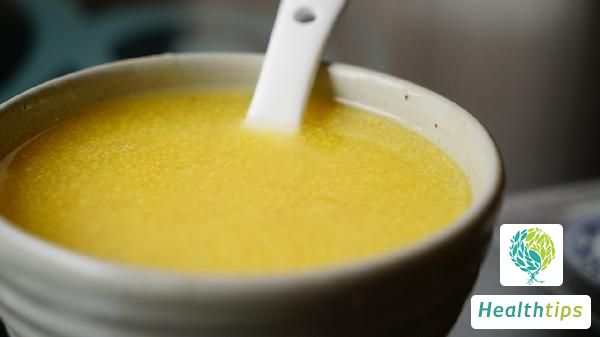What happens if I eat spicy food after taking a tuberculosis skin test?
Eating chili peppers after taking the tuberculin skin test usually does not cause serious issues, but it depends on individual constitution. If you are not allergic to chili peppers, consuming them in moderation is generally harmless. However, if you are allergic to chili peppers, you may experience local redness, swelling, or itchiness, and other discomforting symptoms. The tuberculin test mainly detects tuberculosis infection status by injecting tuberculin, and dietary impacts are relatively minor. Nevertheless, excessive consumption of chili peppers may irritate the gastrointestinal tract and cause discomfort.

1. No Adverse Reactions: The tuberculin test detects whether an individual has been infected with Mycobacterium tuberculosis by injecting tuberculin into the skin of the forearm. For those who are not allergic to chili peppers, consuming them in moderation usually does not affect the test results. Even so, excessive chili pepper consumption may irritate the gastrointestinal tract, leading to abdominal pain or diarrhea. Maintaining moderation and restraint is key.
2. Local Redness, Swelling, and Itchiness: If you are allergic to chili peppers, consuming them may trigger an allergic reaction, causing skin redness, swelling, itchiness, and other symptoms. In such cases, avoiding any spicy foods is advisable to prevent exacerbating discomfort. In daily diets, it is recommended to keep meals light and choose mild foods such as millet porridge and noodles, avoiding spicy and irritating foods. Additionally, stay warm to avoid catching a cold and ensure adequate rest. If significant discomfort occurs after the test, seek medical attention promptly to avoid delaying treatment. A healthy diet and lifestyle can help the body better cope with various checks and treatments.



















